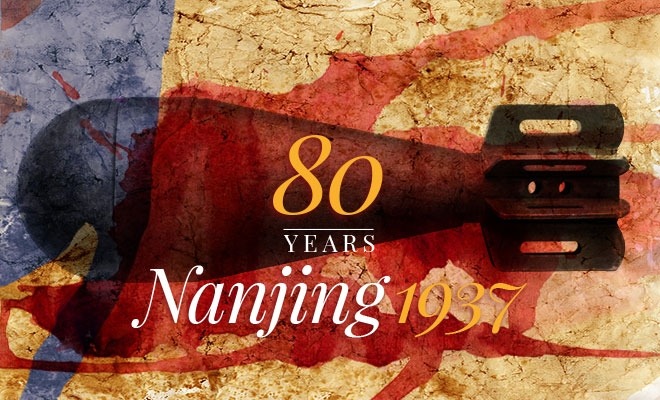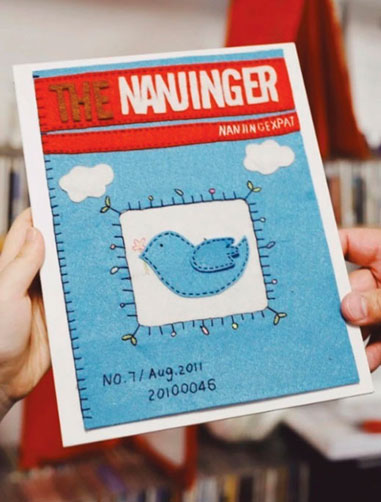In early 1937, Nanjing was not an ideal place to live. Japanese air raids were growing more frequent, and nearby cities continued to fall to the Japanese army. Clearly, Nanjing would soon be next.
Naturally, all of the foreign diplomats, businessmen and missionaries in Nanjing made plans to evacuate the city. All, that is, aside from 22 people.
The 22 who stayed were civilians; teachers, businessmen and doctors. By all accounts, they were unprepared and unqualified to manage a war zone. They knew this, and yet, they stayed. The city was their home and they believed they could help.
“Anyone who has ever sat in a dugout and held a trembling Chinese child in each hand through the long hours of an air raid can understand what I feel”, wrote John Rabe, a German who stayed behind. “The rich are fleeing, the poor much remain behind… Aren’t they in danger of being slaughtered in great numbers? Shouldn’t one make an attempt to help them?”
Together, these foreigners helped form “The International Committee for the Nanking Safety Zone”, a group that bargained with the Japanese and Chinese military in the hopes of creating a violence-free, civilian refugee camp.
These foreigners did not anticipate the level of gratuitous violence that was soon to arrive, nor did they expect the safety zone would be so badly needed. The massacre that came to be known worldwide as the “Rape of Nanking” consisted of the mass rape and painful, torturous murder of hundreds of thousands.
Against long odds, the foreigners succeeded at creating a safe zone that was comparatively violence free. As Iris Chang reported in her book, “The Rape of Nanking”, the zone held about 200,000 to 300,000 refugees, about half of the population in Nanjing at the time (up to half a million have thought to have fled prior). Chillingly, the total number of fatalities also amounted to about 300,000. In other words, those who could not enter the safety zone were likely the very ones who were murdered.
The foreigners also bore witness to war crimes that otherwise may never have been publicised or proven. To this day, some Japanese ultra nationalists deny the extent of the massacre. Fortunately, many of the foreigners were meticulous diary keepers and powerful writers. Their accounts are detailed, gripping and historically critical.
This week, The Nanjinger tells the stories of two foreigners who stayed. One is Minnie Vautrin, an American missionary whose passion was to educate the women of China, and later, to keep them alive. The other is John Rabe, a German businessman who was both a member of the Nazi party and the lead man in charge of the refugee protection efforts.
During the bloodiest days of the massacre, a Chinese driver solemnly told Vautrin, “The only thing that saved the Chinese people from utter destruction was the fact that there were a handful of foreigners in Nanking”.
Tomorrow, meet Minnie Vautrin, and learn how a professor prepares for war.











